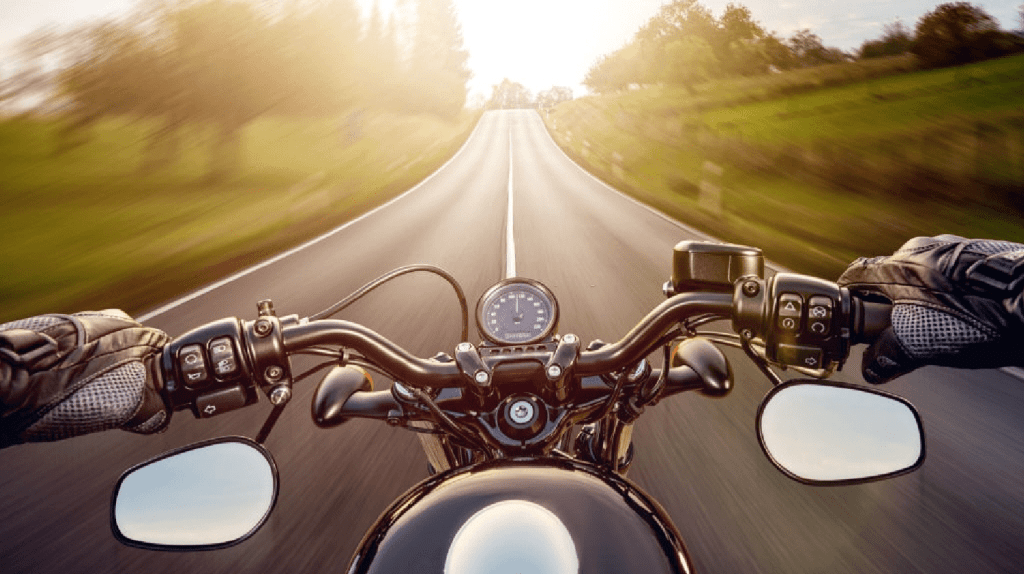
Difference Between Petrol and Diesel Engine Bikes

Purchasing a bike is a huge choice that may be intimidating. Making the correct decision for you is critical, and one of the variables that comes into play when deciding is whether to go with a diesel or a petrol model. Let’s go over the various factors to consider when deciding which bike is right for you.
Everything you need to know about Petrol and Diesel Motorcycles?
Costs of Upkeep
- There is a major difference when it comes to maintenance and servicing, petrol, and diesel motorcycle. You need to put best engine oil for bikes for good upkeep. Though the price for maintenance is the same for both.
- However, certain parts in diesel engine bikes are more expensive than those in petrol engine bikes. As a result, diesel bikes will become more expensive in the future when maintaining.
Frequency and Distance of Travel
- Diesel motorcycles get greater economy since the engine does not require a spark plug.
- Diesel motorcycles are better suited to longer, more frequent travels, whilst petrol bikes are better suited to shorter, less frequent journeys.
Cost
- In the initial instance, diesel motorcycles will be more expensive than petrol motorcycles. As a result, purchasing a petrol bike may be advised for short-term savings.
- However, in terms of long-term costs, diesel motorcycles are more durable and will last you longer.
Pollution
- There seems to be no question that both bike models would contribute to pollution to some extent. Diesel engines would emit less carbon dioxide but more polluting particulate particles.
- Petrol bikes, on the other hand, produce less harmful particulate matter and more carbon dioxide, because of this, gasoline is the least ecologically damaging option.
Reasons why diesel engine is not a popular choice
- A diesel engine is much larger than a petrol engine, and it requires a high-power starter motor to crank the engine, making it unsuitable for bikes.
- Since diesel engines operate under high pressure, wear and tear are common. To prevent wear and tear, oil changes are often necessary every 5,000 kilometres, rather than every 10,000 kilometres in the case of a petrol engine.
- Due to the obvious high compression ratio and hefty engine, the diesel engine has a higher starting price than the petrol engine. And the starting price difference is around 50,000 rupees, which is insufficient for a little vehicle.
- The diesel engine generates more torque but at a lower rpm than the petrol engine. As a result, it is unsuitable for use in motorcycles that require high speeds.
- The diesel engine emits roughly 13% more carbon dioxide per gallon than the gasoline engine. As a result, it emits more pollutants than a gasoline engine and is therefore unsuitable for usage in the surroundings.
- When compared to gasoline, diesel has more energy per gallon. When diesel burns, it generates a tremendous quantity of heat, which may damage the cylinder walls and other engine components. So, in order to minimize the heat, we need a larger surface area and a good cooling system. The engines are somewhat larger in order to attain this increased surface area.
Tips to maintain Bike Engine Health
The sound and the sensation are both essential.
Frequency of oil change
The initial click or squeak of a leaky valve or a bad bearing will surely catch your notice if it happens quickly enough that you don’t become used to it. You may be shocked, though, if you are intimately familiar with every sound and movement of your motorcycle. Similarly, you’ll take notice if the frequency or strength of the vibration varies. Of course, wheels, chains, and other spinning components can cause vibration. You’ll be able to tell which one it is if you change gears or switch off the motor and let the car coast. If the frequency fluctuates with the engine, it’s at the very beginning of the transmission.
If you’re having to add oil more frequently, there might be a problem with the engine’s top end, such as a ring or valve seal failure. Changing your oil or riding style may have an impact on the amount of oil you use. If you use a thinner oil or ride fast in hot weather for extended periods of time, your bike may require extra oil. If the oil starts to deteriorate after a lengthy period of use, you may notice an increase in oil consumption. You’ll be able to detect these usual swings with some practise, but any increase in oil consumption that doesn’t make sense should be checked with a compression test. When doing an bike oil change, it is usually recommended that you choose the finest engine oil available.
Tap on Bike engine oil for buying.
Conclusion
There are a few differences between these two versions. When determining which is best for you, it is essential to perform research and grasp all the information. You are now well-equipped to choose whether a petrol or diesel motorbike is most suited to your requirements.